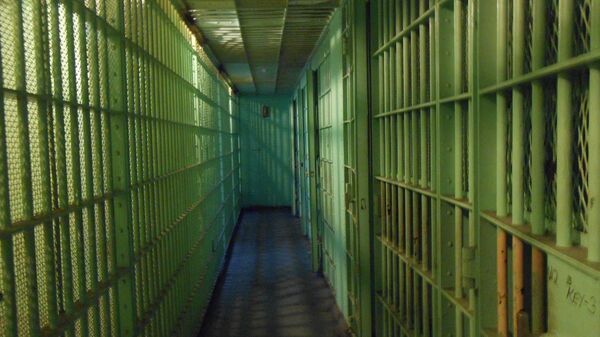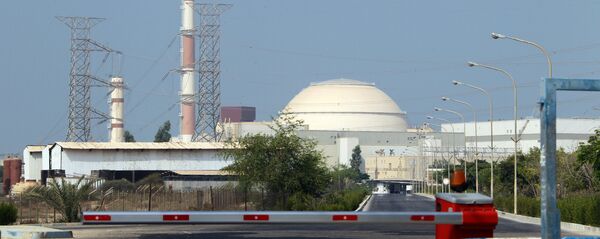Reza Olangian, 57, was sentenced by US District Court Judge Loretta Preska. He was given the minimum sentence, although prosecutors had asked for a longer prison stay.
Olangian's lawyer Gregory Morvillo has announced his intention to appeal. "I think Judge Preska saw that 25 years is an extraordinarily long time and that Mr. Olangian did not rise to the level of something as egregious as that," Morvillo said in a statement.
The would-be smuggler was born in Iran but came to the US as a student in 1979 and became a citizen in 1999. He returned to Iran in 2004. In 2012, he traveled to Ukraine and met with a man he believed to be a Russian arms dealer and attempted to purchase 10 surface-to-air missiles. He also wished to purchase military aircraft parts, including ones for a Bell 412 helicopter.
The dealer, who was in truth a US Drug Enforcement Administration informant, taped their conversations — including one during which Olangian expressed a desire to buy 200 missiles. Olangian was also recorded saying he wanted to smuggle the missiles into Iran via Afghanistan or another neighboring country.
Olangian was arrested in Estonia later in 2012 and subsequently extradited. He was convicted in November 2016. During his trial, prosecutors claimed that he intended to sell the missiles to Iran and make a large profit. Prosecutors also argued that Olangian had previously tried and failed to buy 100 missiles for Iran in 2007.
Meanwhile, Olangian's legal team argued that Olangian was in fact an opponent of the Iranian government and was brokering weapons sales as part of a sting operation to expose Iranian efforts to evade US sanctions.
They added that Olangian had protested the Iranian government as an student in the 1970s and 1980s, and only returned to Iran in 2004 in the midst of democratic reforms. After the election of hardline conservative Mahmoud Ahmadinejad as president of Iran in 2005, Olangian began to plan to sell weapons to Iran to show that they did not respect international sanctions.
"It was his desire to get the Iranian government on the hook on a contract, on a piece of paper, that would definitely show what they were trying to do," said Olangian's other lawyer, Lee Ginsberg.
The US has sanctioned Iran since the overthrowal of the US-backed shah and the establishment of the Iranian Republic in 1979. Sanctions were beefed up in 1995 to also include companies dealing with Tehran.
In 2006, after the UN's atomic energy board concluded that Iran was not complying with UN inspections of its nuclear program, international sanctions were levied. Between 2006 and 2012, eight UN sanctions packages were passed, placing a major strain on the Iranian economy.
The strict sanctions also led to the advent of a huge smuggler's market in Iran to get around them. In 2012, an Iranian parliamentarian estimated Tehran-sponsored smuggling activities to account for as much as $12 billion worth of goods per year.
UN sanctions were lifted in 2015 with the signing of the Joint Comprehensive Plan of Action (JCPOA), meant to stymy Iran's potential development of nuclear weapons.The US also loosened many of its sanctions and unfroze billions of Iranian funds trapped in foreign banks.
However, the election of US President Donald Trump in November 2016 has endangered the JCPOA, as he has threatened to pull the US out of the deal and resume strict sanctions if it isn't renegotiated.





